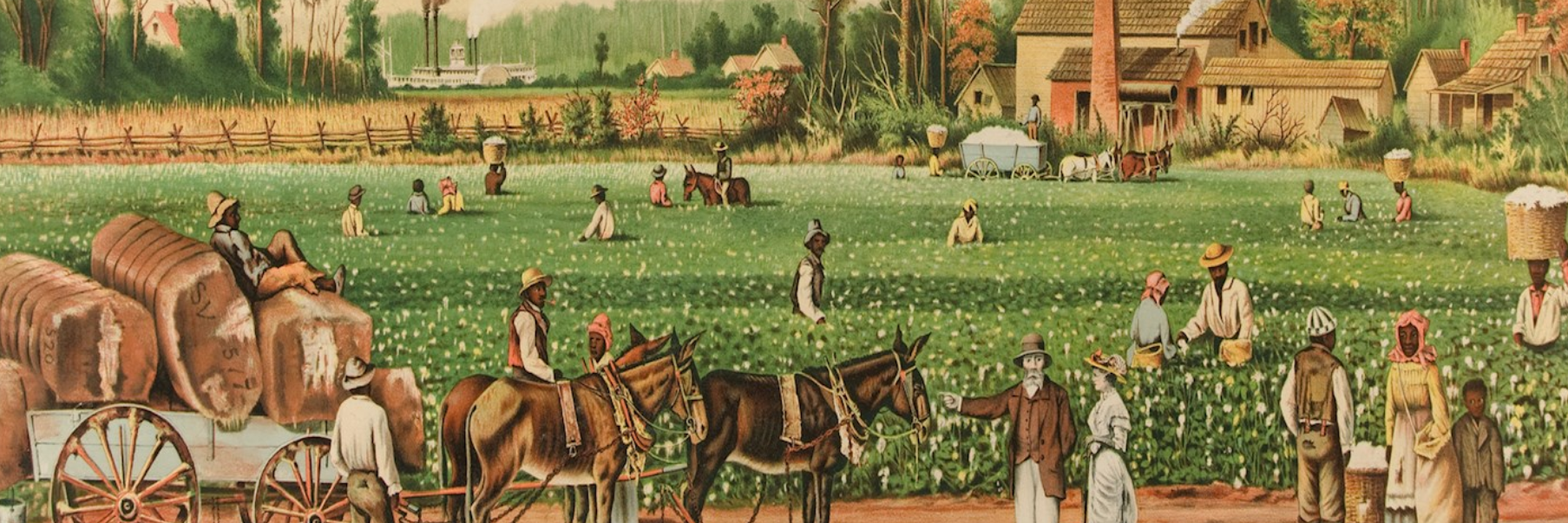Newest phase of massive slavery database welcomes public contribution
December 1, 2020 - Caroline Brooks, Rebecca Jensen
Michigan State University's searchable database containing millions of records cataloging the lives of enslaved Africans and their descendants — Enslaved.org — is launching a second phase that will accept contributions from the public and from academic researchers.
The one-of-a-kind hub, Enslaved.org: Peoples of the Historic Slave Trade, developed and maintained by MSU researchers, links data collections from multiple universities, archives, museums and family history centers. Users can run analyses of aggregated data about the enslaved and create maps, charts and graphics.
By welcoming ancestorial contributions from the public, the researchers hope to deepen the understanding, dignity and respect for the millions of people who were victim to the centuries-long slave trade.
“As the scholars at Enslaved.org work to stitch together the life arcs of the enslaved across the globe, we turn to the general public to join us in discovery about families and communities formed from the crime of human bondage and the struggles of human freedom,” said Daryle Williams, associate professor of history from the University of Maryland and project co-investigator.
MSU’s Walter Hawthorne — project co-investigator and MSU professor of history — hopes that the database will continue to expand over time.
“Personal history is complex, much like the way data was collected during the slave trade era. While we continue to digitize records, such as those that are handwritten, to preserve them, we know there is more to each person’s story,” said Hawthorne, also an associate dean of academic and student affairs in the College of Social Science.
Slave Biographies, the pilot project and impetus for what is now Enslaved.org, was funded in 2011 for $99,000 by the National Endowment for the Humanities. In 2018, the project received a $2 million grant from the Andrew W. Mellon Foundation.
“This tool has helped us learn more about African Slavery than ever before. However, the database is by no means comprehensive. That is where we need those who have knowledge of ancestry to contribute to the project. We hope by doing this we can not only learn more, but also work toward bringing respect and dignity to those who were enslaved,” said Dean Rehberger, director of Matrix: The Center for Digital Humanities and Social Sciences at MSU.
Rehberger, Hawthorne and Daryle Williams of the University of Maryland, are principle investigators on the project; phase two included Ethan Watrall, an assistant professor of anthropology at MSU, as well as a team of Matrix programmers, librarians, researchers, and partners at MSU and elsewhere.
In addition to Matrix – one of the country’s premier digital humanities centers – MSU has the top-ranked African history graduate program in the nation, according to U.S. News & World Report.


